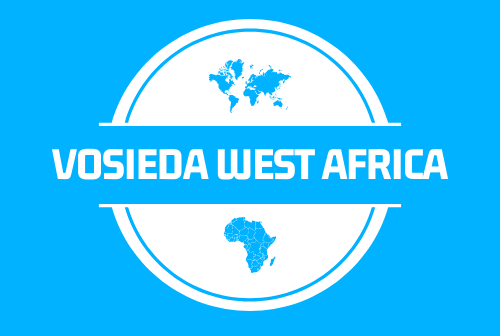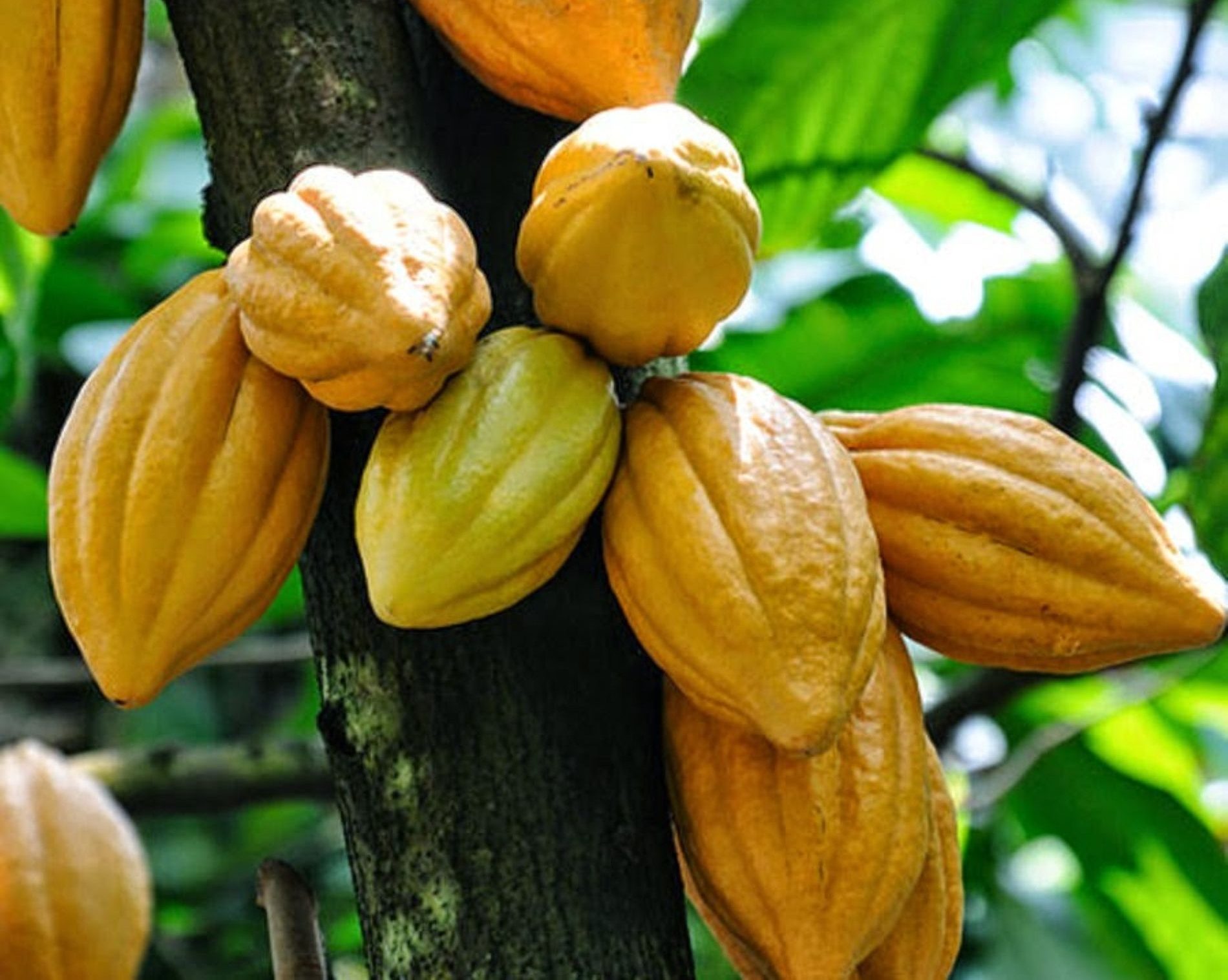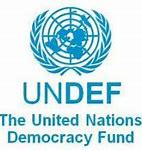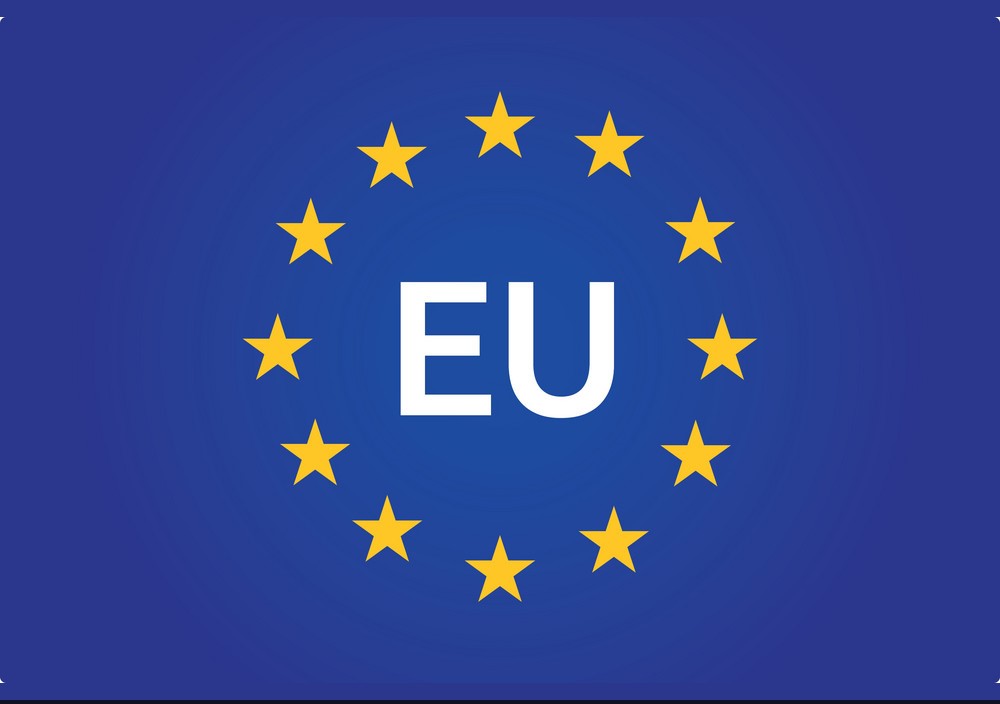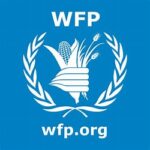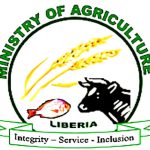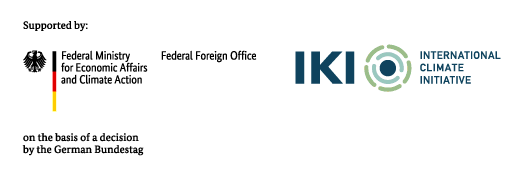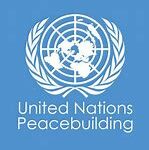Context
Liberia contains 4.3 million hectares of lowland tropical forests that are exceptionally diverse and lies entirely within the Upper Guinea Rainforests of West Africa. The forest supports extremely high levels of biodiversity, with both high species richness and endemism. However, the region is also a” Biodiversity hotspot for conservation priorities”. Most of Liberia’s rural population depends on the forests for their livelihoods. Following Liberia’s civil war (1989 – 2003) that ravaged the country’s rainforests, the Liberian government reformed the National Forestry Law in 2006. One of the most pioneering components of the reform was a provision that allowed communities to take the lead in managing large tracts of remote forests. The new forestry legislation puts nearly half of the country’s forests in the hands of local communities. Unfortunately, from 2010 to 2021, Liberia lost 128kha of the Upper Guinea Rainforests of West Africa, mainly around the so-called communities’ forest, according to Global Forest Watch.
Despite Liberia’s commitment to tackling deforestation, the country faces significant challenges due to limited financial and human resources. For example, although the government has reformed the national forestry law and implemented a few national programs and projects to address deforestation, there is no mechanism specifically targeting deforestation in smallholder agriculture. Furthermore, Liberia lacks a law addressing deforestation in smallholder agriculture. This has resulted in high deforestation rates, particularly around community forest blocks throughout the country, leading to biodiversity loss, carbon storage sink depletion, soil degradation, loss in agricultural productivity, and weather variability. Despite these challenges, smallholder agriculture remains a crucial backbone for Liberia for food security and income, particularly for poor rural households. As there is no law in Liberia to address deforestation in smallholder agriculture, it is critical to address the high level of deforestation through smallholder agriculture, targeting long-term improvements in living conditions for local communities, reducing the use of chemical fertilizers and pesticides in small-scale agriculture, conserving biodiversity and promoting climate protection while also supporting gender-responsive local development.
The Intervention
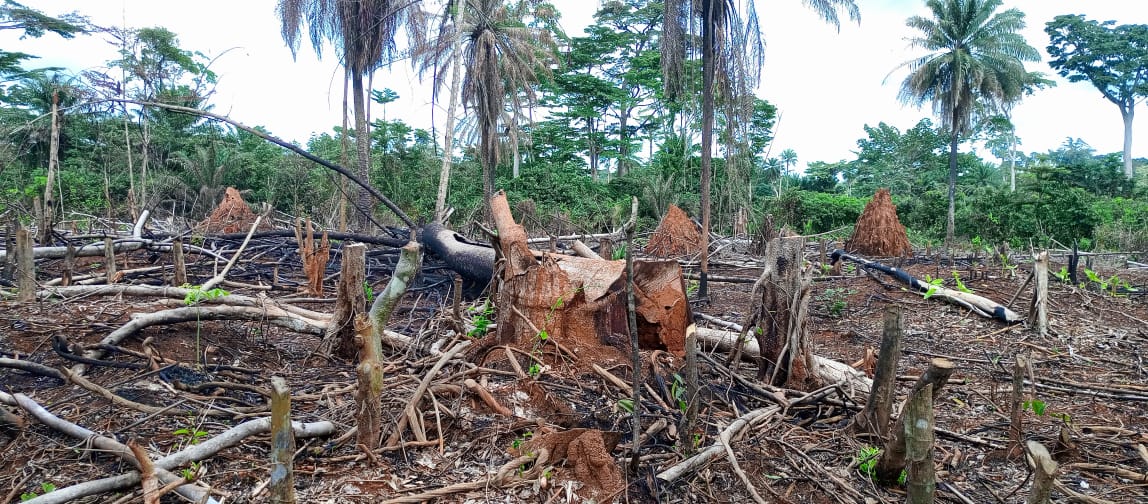
The project’s primary objective is to tackle deforestation-related challenges through the utilization of cutting-edge technology for monitoring purposes, as well as the provision of tools to facilitate the implementation of effective conservation policies. This initiative will involve the establishment of a multi-stakeholder platform aimed at enhancing accountability, supporting policy reform, improving coordination among various stakeholders, and assisting smallholder farmers in adopting deforestation-free production methods. By obtaining certification through schemes with the Rainforest Alliance, these farmers will gain access to the lucrative EU cocoa market. Furthermore, they will receive the necessary support to implement sustainable practices, thereby reducing deforestation, lowering greenhouse gas emissions, and enhancing livelihoods for vulnerable populations.
Expected Results
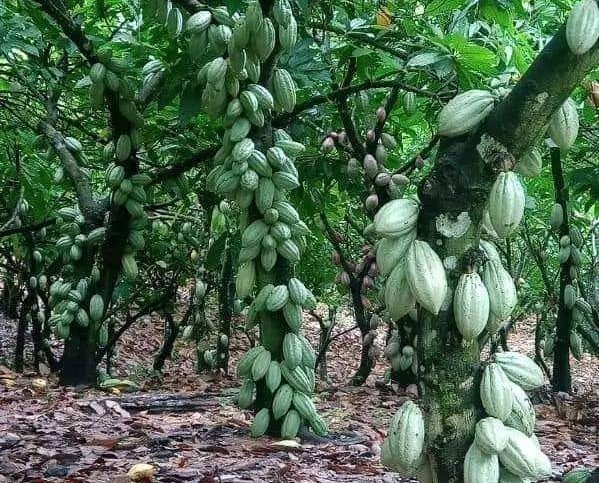 The project seeks to prevent further loss of Liberia’s Upper Guinea Forest ecosystem by reducing deforestation through IT-based monitoring, improved stakeholder coordination, and promoting sustainable smallholder agricultural practices, including deforestation-free rice and cocoa value chains. Four outputs will support this goal.
The project seeks to prevent further loss of Liberia’s Upper Guinea Forest ecosystem by reducing deforestation through IT-based monitoring, improved stakeholder coordination, and promoting sustainable smallholder agricultural practices, including deforestation-free rice and cocoa value chains. Four outputs will support this goal.
Output 1: An IT-based deforestation monitoring tool enhances access to timely and comprehensive forest data for decision-makers, policymakers, and traders.
Output 2: A new national multi-stakeholder platform on deforestation improves coordination among ministries, the private sector, and civil society, strengthens environmental governance, and includes vulnerable forest-dependent households in decision-making.
Output 3: Four thousand two hundred (4,200) vulnerable smallholder farmers, organized into ten farmer organizations, pilot sustainable and climate-smart agricultural practices for cultivating rice and cocoa, marketing their products through deforestation-free supply chains.
Output 4: Mass media campaigns on deforestation’s negative impacts and improved knowledge exchange encourage sustainable agriculture among smallholder farmers in Liberia.
This project utilizes cutting-edge information technology to monitor deforestation and offer valuable data and tools for developing effective biodiversity conservation policies. By establishing a multi-stakeholder platform, accountability will be enhanced, policy implementation will be supported, and coordination and knowledge sharing between state and non-state actors will be improved. Smallholder farmers will receive assistance in piloting and expanding sustainable agricultural practices. The outcomes of this project will play a significant role in advancing deforestation-free supply chains, reducing carbon dioxide equivalent (CO2e) emissions, promoting climate-smart agriculture, and safeguarding the livelihoods of forest-dependent communities.
Key Facts
Sector: Climate and Environmental Sustainability
Domain: Climate Change, Forest Conservation, Biodiversity Conservation
Benefiting zone: Liberia
Nature: Performance-based contract
Duration: 2025 – 2028
Status: Active
